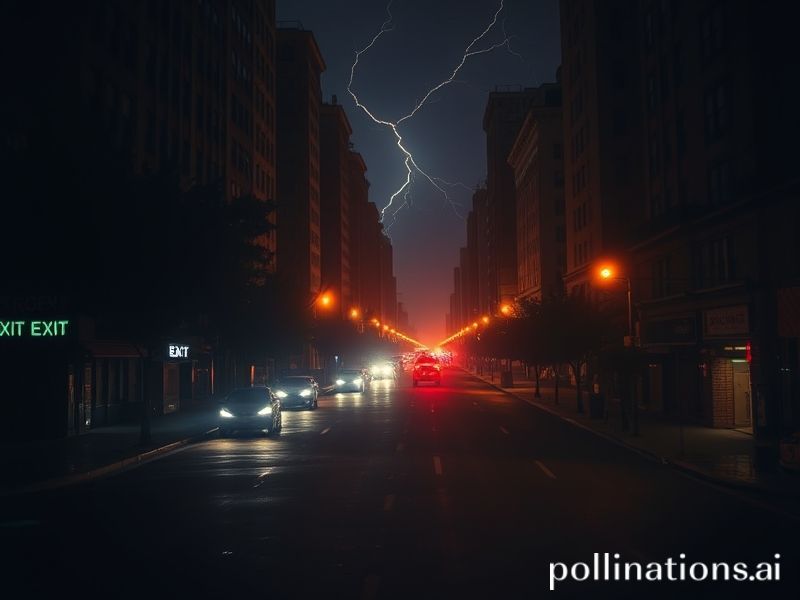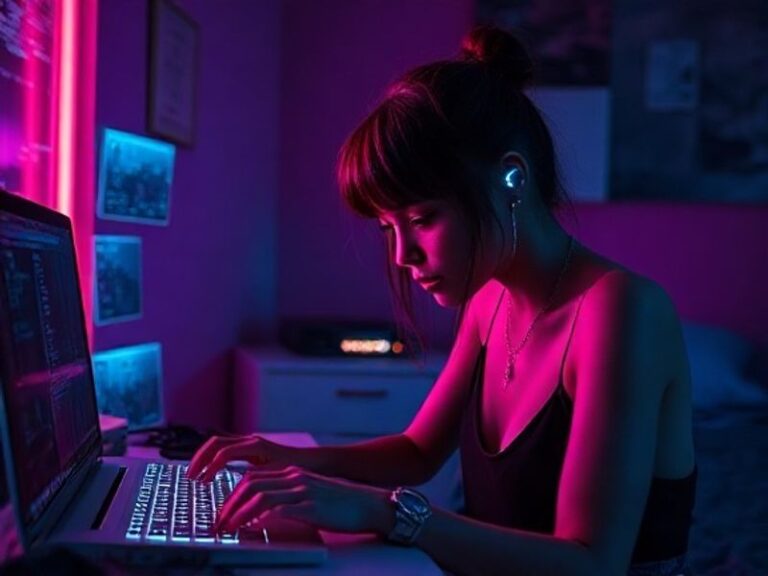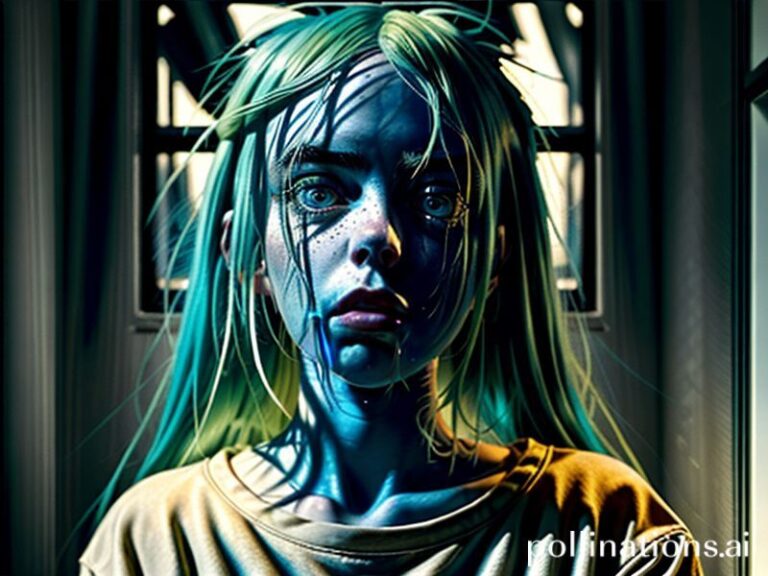When the Lights Go Out: The Global Phenomenon of Power Outages and Why They’re Trending
# **When the Lights Go Out: The Global Phenomenon of Power Outages**
In a world where we’re all plugged in 24/7, there’s nothing quite like a power outage to remind us that, yes, we do live in a house, not a smartphone. Whether it’s a flicker in the grid or a full-blown blackout, power outages have become a trending topic globally, sparking memes, panic, and a collective sigh of “not again.” But why are these outages making headlines, and what’s the cultural and social impact of living in the dark?
### **The Great Unplugging: Why Power Outages Are Trending**
Power outages are trending for a variety of reasons, but the most obvious one is that they’re happening more frequently—and in some cases, lasting longer. From Texas to India, and everywhere in between, power grids are feeling the strain of aging infrastructure, extreme weather, and increased demand. And let’s not forget the human factor: sometimes, it’s just a squirrel with a death wish taking out a transformer.
But beyond the technical reasons, power outages are trending because they disrupt our modern way of life. We’re a society that thrives on connectivity, and when the lights go out, so do our Wi-Fi routers, our smart fridges, and our ability to binge-watch the latest Netflix series. It’s a digital detox whether we like it or not.
### **Cultural Context: When the Lights Go Out, So Does the Party**
Power outages have a way of bringing people together—or driving them crazy. In some cultures, they’re seen as a minor inconvenience, a chance to light some candles and tell ghost stories. In others, they’re a full-blown crisis, sparking panic buying and looting. The cultural context of power outages varies widely, but one thing is universal: they test our patience and resourcefulness.
Take India, for example, where power outages are a regular occurrence in some regions. Locals have developed a sort of dark humor around the situation, with jokes about “power naps” and “load-shedding yoga.” Meanwhile, in the U.S., outages often lead to a collective freak-out, with people rushing to stock up on batteries, generators, and snacks. It’s like the apocalypse, but with fewer zombies and more memes.
### **Social Impact: The Dark Side of Darkness**
Power outages have a significant social impact, affecting everything from productivity to public safety. When the lights go out, businesses grind to a halt, hospitals struggle to provide care, and emergency services are stretched thin. It’s a domino effect that highlights just how dependent we are on electricity.
But there’s also a silver lining. Power outages force us to slow down, to unplug, and to reconnect with the world around us. They remind us that life doesn’t stop when the grid goes down. In fact, some of the most memorable moments happen in the dark—like that time you played board games by candlelight or had an impromptu campout in your living room.
### **Why This Topic Matters**
Power outages are more than just a temporary inconvenience. They’re a wake-up call, a reminder that our modern way of life is fragile and that we need to invest in resilient infrastructure. They’re also a cultural phenomenon, sparking conversations, memes, and a shared sense of camaraderie (or frustration).
So the next time the lights go out, take a deep breath, light a candle, and embrace the moment. After all, it’s not the end of the world—it’s just a power outage. And who knows? You might even enjoy it.







